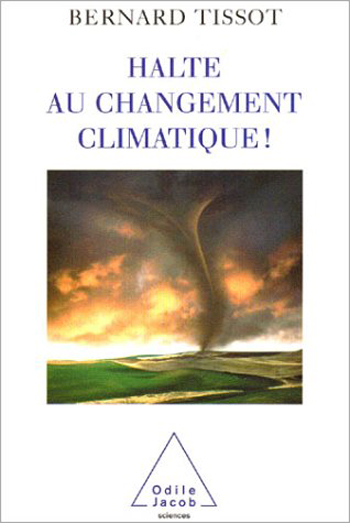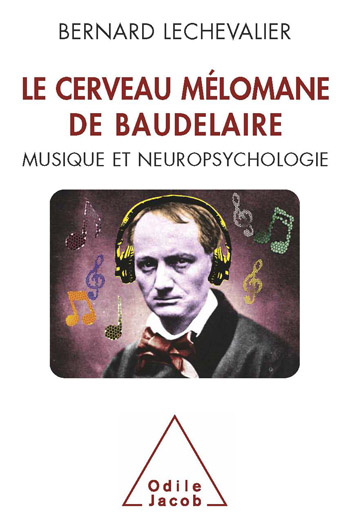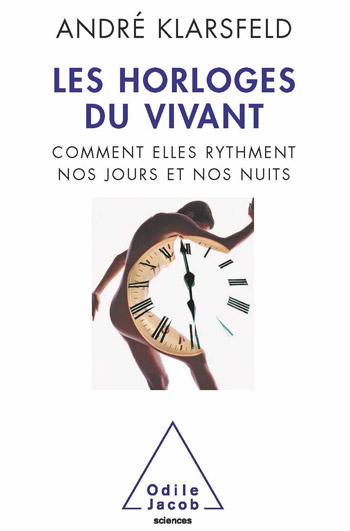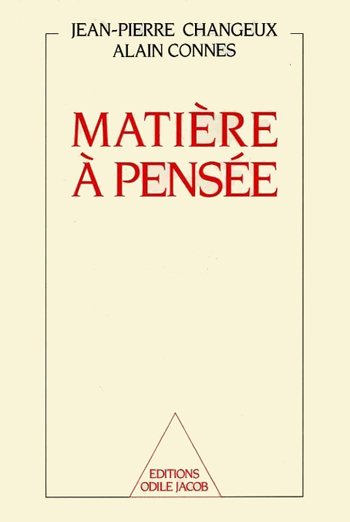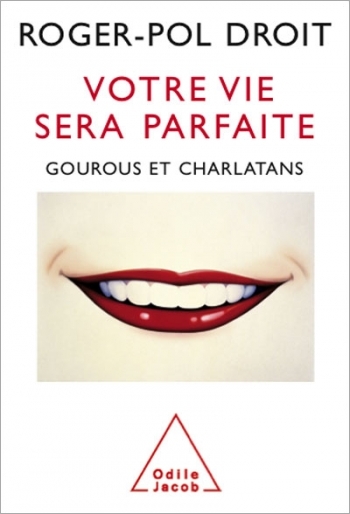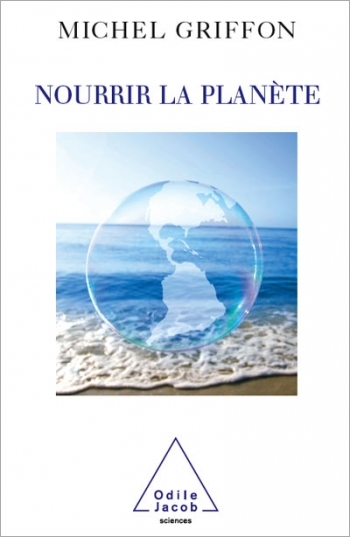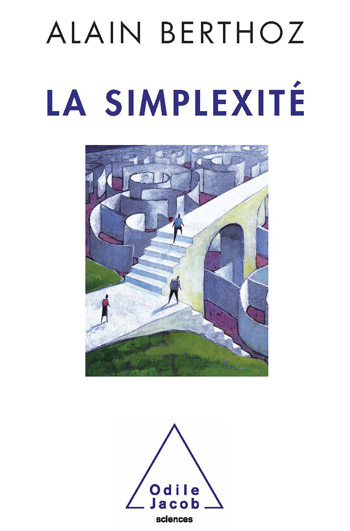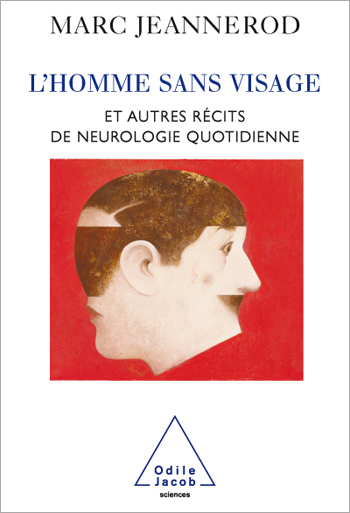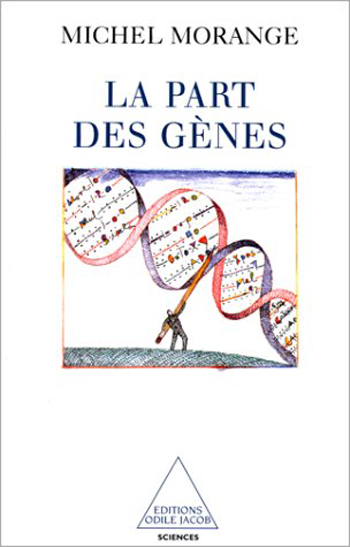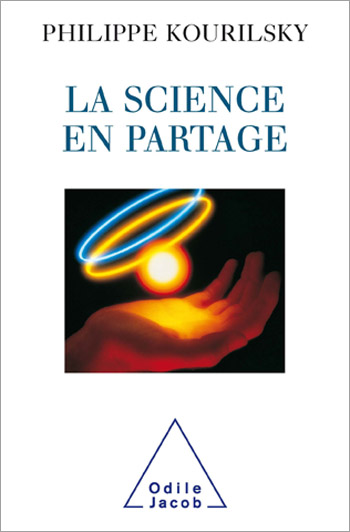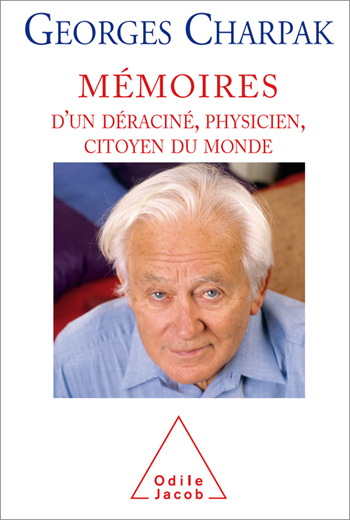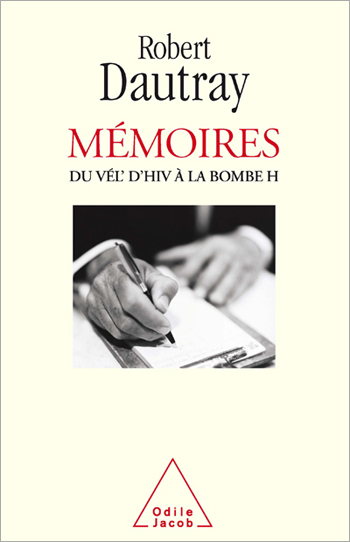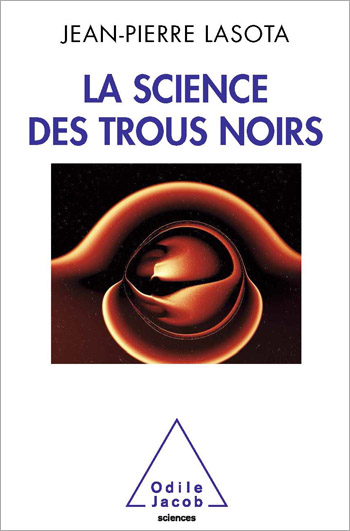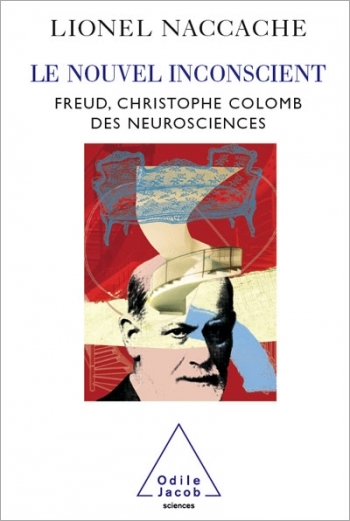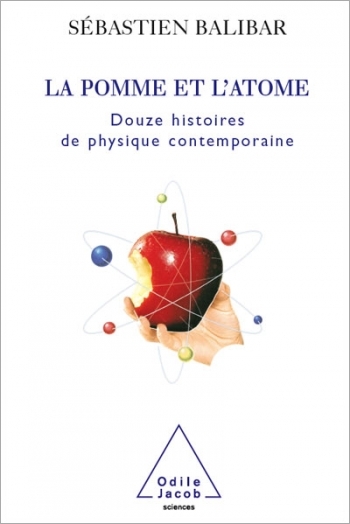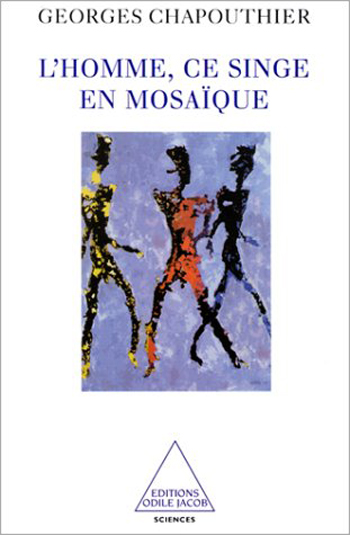Science All books
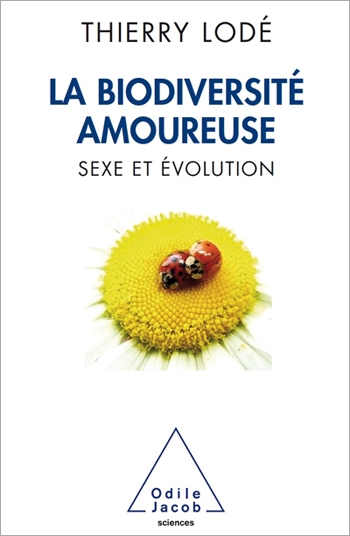
Thierry Lodé
Amorous Biodiversity Sex and Evolution
A new approach to evolution, linked to sexuality, for a better understanding of the history of biodiversity
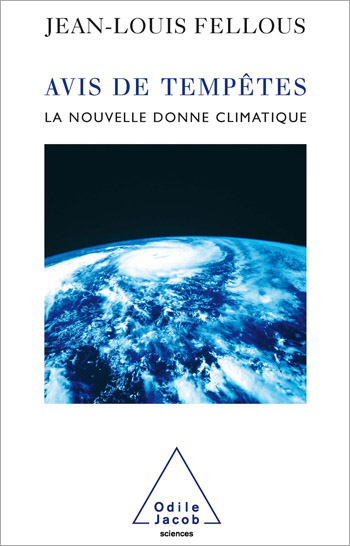
Jean-Louis Fellous
Tempest Warning The New Climatic Order
Is it true that we are heading toward global warming? And if so, what is the time frame? What will be the consequences on our lives and those of our children and grandchildren? This book will help readers understand the physical phenomena that make up the Earths climate, as well as the possible consequences of the natural and human alterations which have been inflicted on it. It also makes a plea for a concerted effort on a global scale. Jean-Louis Fellous currently heads ocean exploration for Ifremer (Institut français de recherche pour lexploitation de la mer).
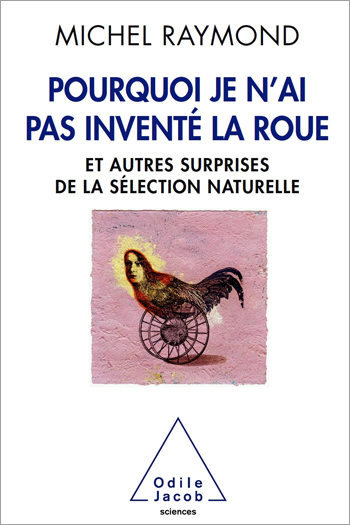
Michel Raymond
Why I Didn’t Invent the Wheel
Between nature and culture, a fascinating, widely accessible book about human evolution
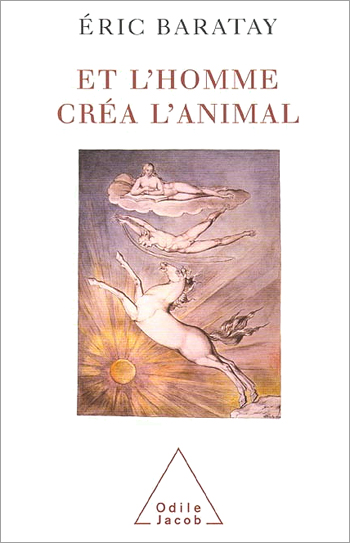
Éric Baratay
And Man Created the Animal History of a Condition
In this book, Baratay holds a mirror up to humanity. He reviews the changing status of animals throughout human history: from ancient myths about animal domestication to the invention of bullfighting, from the great pastoral epics to modern slaughterhouses, from the ancient role played by animals in the human imagination to modern laboratory testing. Eric Baratay is a historian specialising in the contemporary world and in the status of animals.
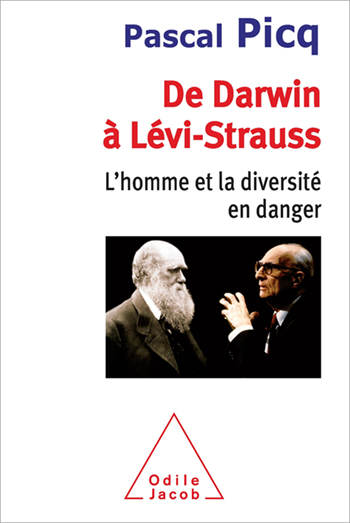
Pascal Picq
From Darwin to Lévi-Strauss
An appeal by an eminent scientist for greater biodiversity, in Nature and humans
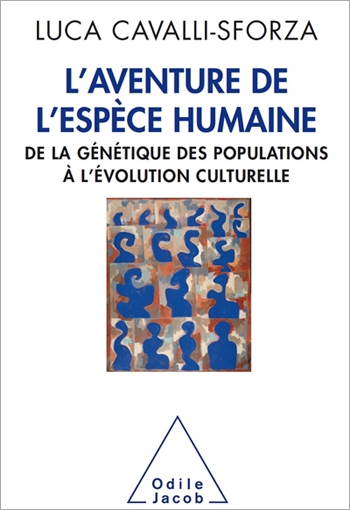
Luca Cavalli-Sforza
The Adventure of the Human Species From Population Genetics to Cultural Evolution
How evolution and human functioning made humankind the dominant species
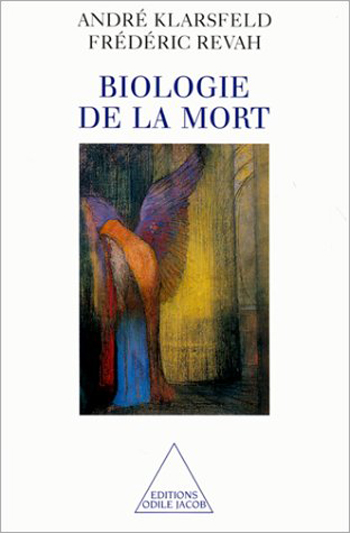
André Klarsfeld, Frédéric Revah
The Biology of Death
Why are most living organisms condemned to die a natural death, even if they are in a well-protected and highly favourable environment ? Is death a "useful" biological process or does it not correspond to any natural necessity ?
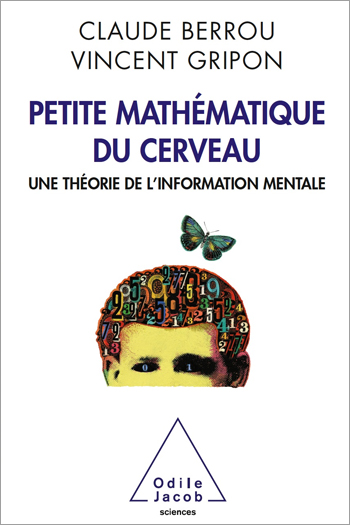
Claude Berrou, Vincent Gripon
Some Brain Mathematics A Theory of Mental Information
How the human brain processes information — an explanation between neuroscience and information technology.
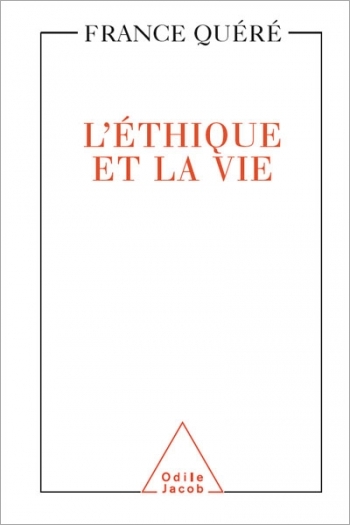
France Quéré
Ethics and Life
The recent advances in life sciences have modified our knowledge about the nature of man. Genetic engineering has given us a certain power over his future. Which principles must preside over artificial procreation and organ donation? How far can we allow genetic engineering and medical experimentations to go? What are the moral and ethical barriers of human science?
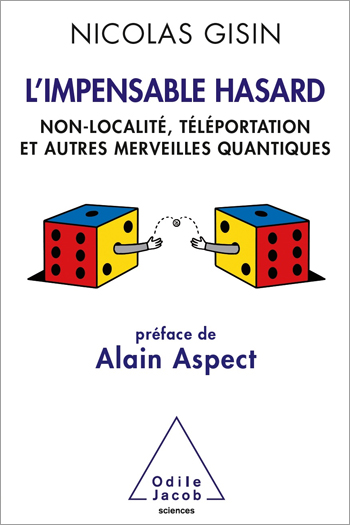
Nicolas Gisin
Unthinkable Randomness Non-Locality, Teleportation and Other Quantum Wonders
An indispensable book to finally understand the fascinating world of quantum physics
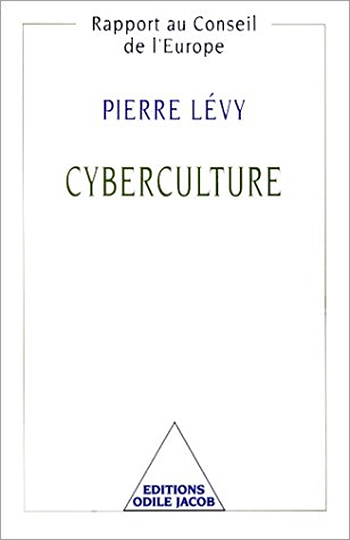
Pierre Lévy
Cyberculture
What is cyberculture? What are the social and cultural implications behind this technical phenomenon? Could it be held responsible for altering our relationship to knowledge? These are some of the questions addressed in Cyberculture, which covers such aspects of new technology as numerisation, navigation, memory, programming, software, virtual reality, multimedia, interactivity, and electronic mail. Written for the non-power user, this is a clear, complete and highly accessible presentation of new technologies, their uses and future stakes. Pierre Lévy is a philosopher who teaches at the University of Paris-VIII, in the hypermedia department.
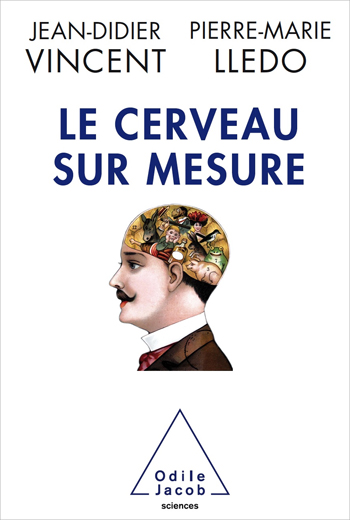
Jean-Didier Vincent, Pierre-Marie Lledo
The Made-to-Order Brain
The neurosciences are making it possible to repair, modify and enhance the brain, heralding a revolution for all of us
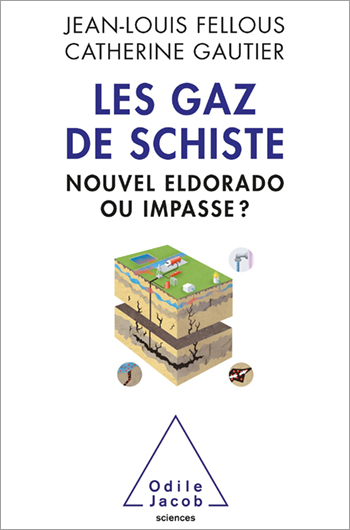
Jean-Louis Fellous, Catherine Gautier
The Gazs Shale New Eldorado or Impasse ?
Global problems related to the interaction of humans with their environment are multiplying: climatic upheaval, oil crisis, energy policies that are too lenient on carbon emissions
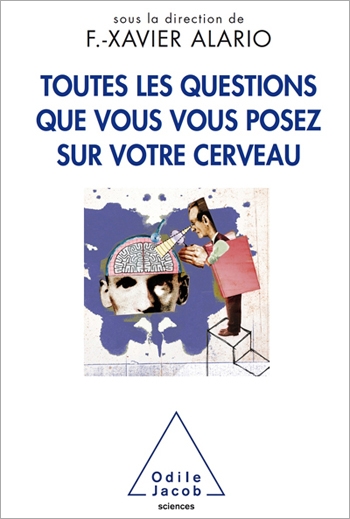
Xavier Alario
Questions About the Brain
The answers given here have all been scientifically approved and are widely accessible
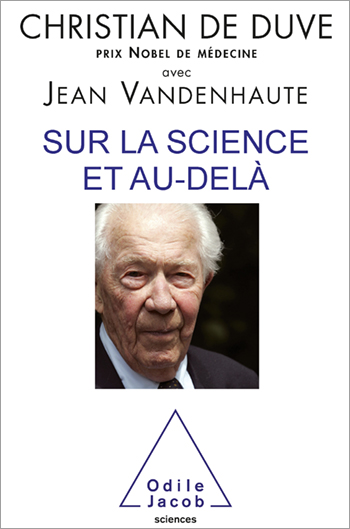
Christian de Duve, Jean Vandenhaute
On Science and Other Matters
In these posthumously published interviews, the late Christian De Duve, Nobel Prize winner in Medicine, gives his views on some of the major issues of our times
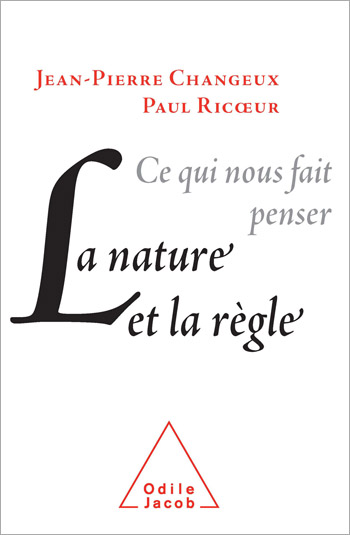
Jean-Pierre Changeux, Paul Ricœur
What Makes Us Think Nature and Rules
'The intention of this book was to put a scientist and a philosopher face to face and spark a dialogue between them on neuroscience, on their results and projects, and their ability to carry out a debate on ethics, its norms, and on peace. In France, ideas are rarely openly discussed. Serious debates are too often hindered by dogmatic statements, one-sided criticisms, incomprehensible discussions and glib mockery, with little or no thought for the solidity of the arguments, which aim only to appear plausible or worthy of being argued, rather than convincing. A totally free and open dialogue between a scientist and a philosopher is necessarily a highly unusual experience for both.' Paul Ricur and Jean-Pierre Changeux Paul Ricur is an honorary professor at the University of Paris-X and an emeritus professor at the University of Chicago. Jean-Pierre Changeux, a member of the French Academy of Science, teaches at the College of France and the Pasteur Institute.

